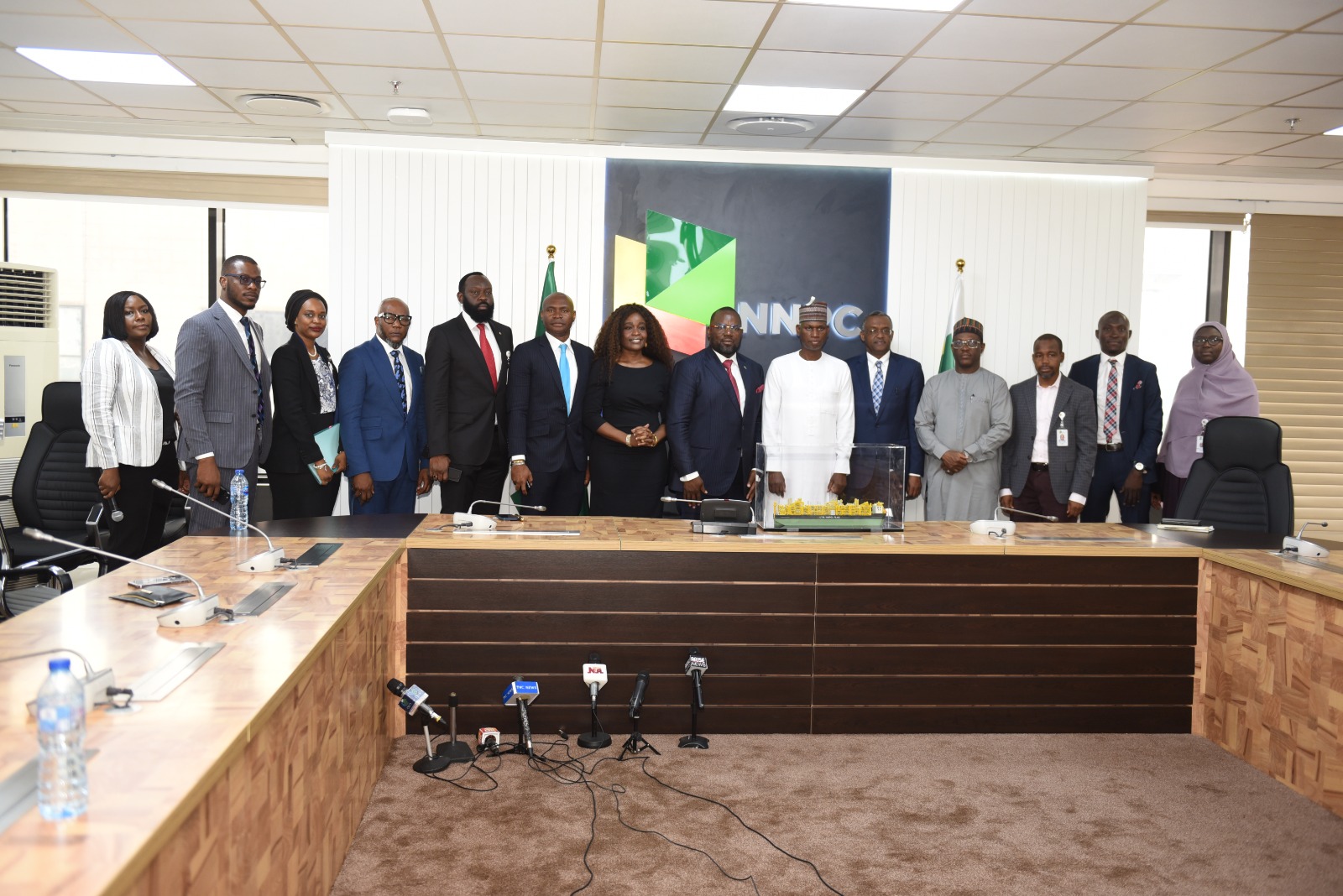The Chartered Institute of Taxation of Nigeria (CITN) has asked the federal government to address the issue of multiple taxation by several government agencies to encourage foreign investments.
Kennedy Iwundu, the institute’s chairman, Abuja chapter, spoke at the CITN Week in Abuja on Thursday.
Speaking on the theme, ‘Tax Reforms Digitalisation and Its Impact on Doing Business In Nigeria’, Iwundu said some investors have resorted to importation instead of setting up companies for production because of multiple taxation.
Addressing tax professionals at the event, he said there was a need to deliberate on the current tax system and proffer solutions which should be presented for tax reforms.
Advertisement
He said the situation where the federal, state, and local governments each have a long list of taxes and levies to collect was inimical to business growth.
According to Iwundu, multiple taxation usually discourages both foreign and local investments from coming into the Nigerian economy.
“The current tax system which had multiple federal taxes such as company income tax, levy on the profit of companies apart from other sectorial collections, posed a serious problem to investors,” the CITN chairman said.
Advertisement
“In 2022, the Federal Inland Revenue Service (FIRS) generated N10.1 Trillion revenue which has been recorded as the highest in the history of the country.
“This is attributed to the impact of tax reforms and tax digitalisation. One of the reforms and digitalisation initiatives is the introduction of an administrative automation system by FIRS called Amanda.
“This has now been replaced by Taxpromax. The Finance Act introduced tax reforms which empowers FIRS to deploy digitalisation for revenue administration and collection.”
Iwundu further commended President Bola Tinubu for suspending the telecom tax and green tax, and setting up a committee to look into tax reforms so as to ensure that multiple taxation was eliminated.
Advertisement
He said the move would help ensure that tax laws and administrations conformed with Nigeria’s tax policy.
Add a comment






